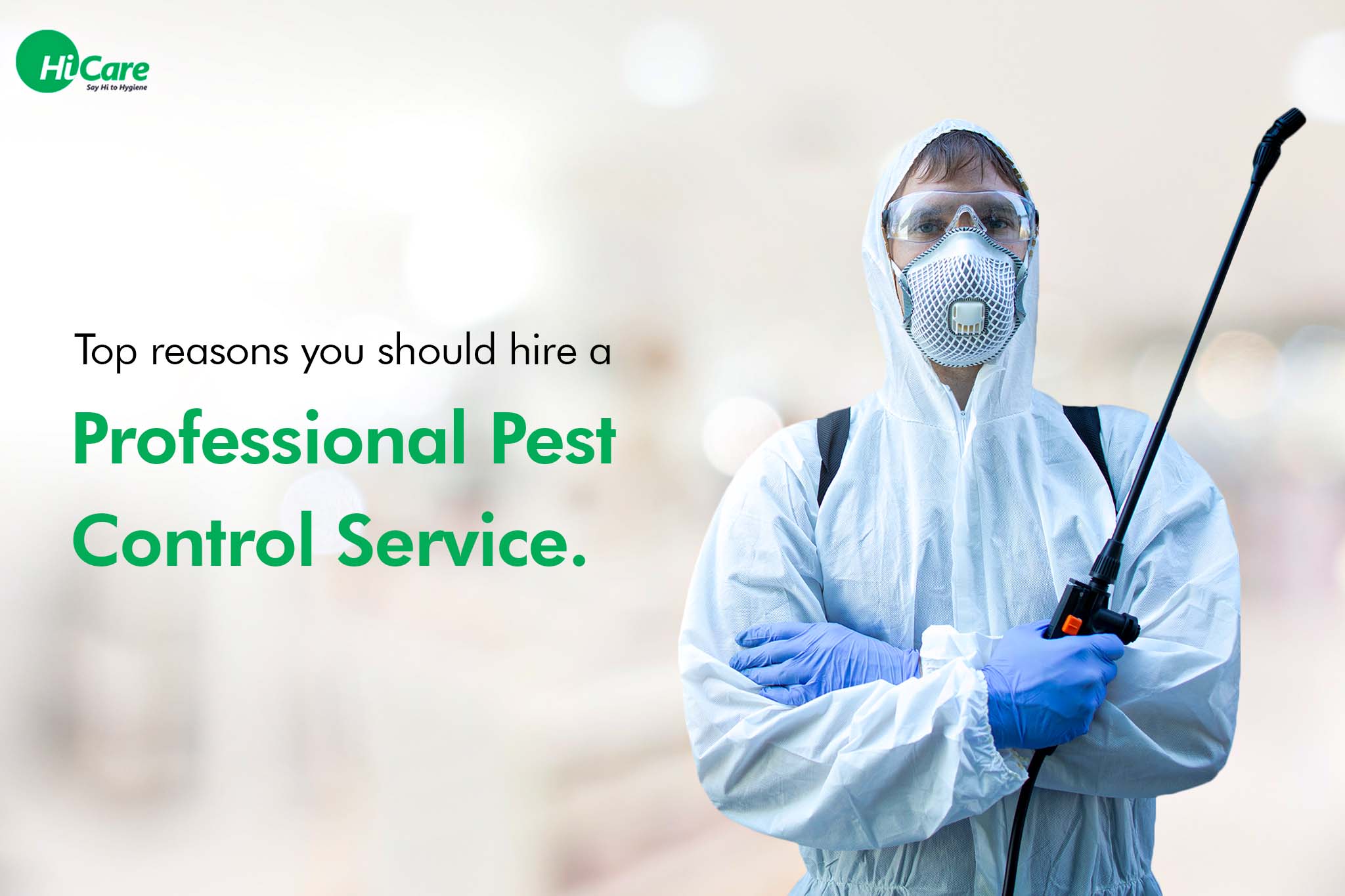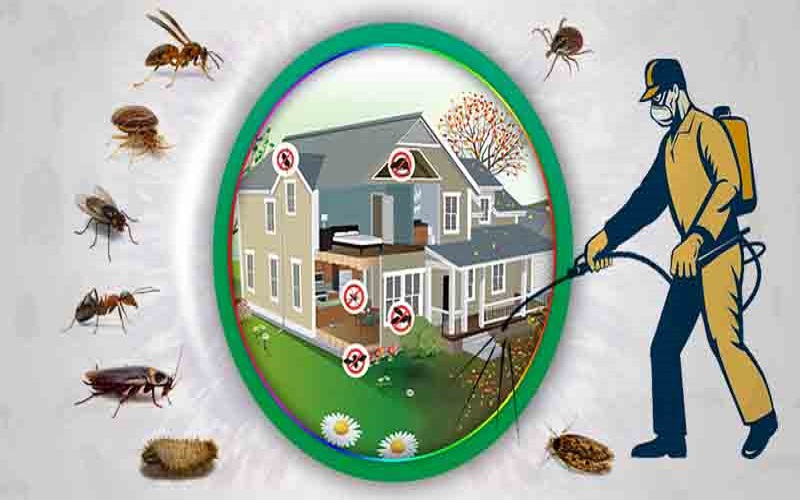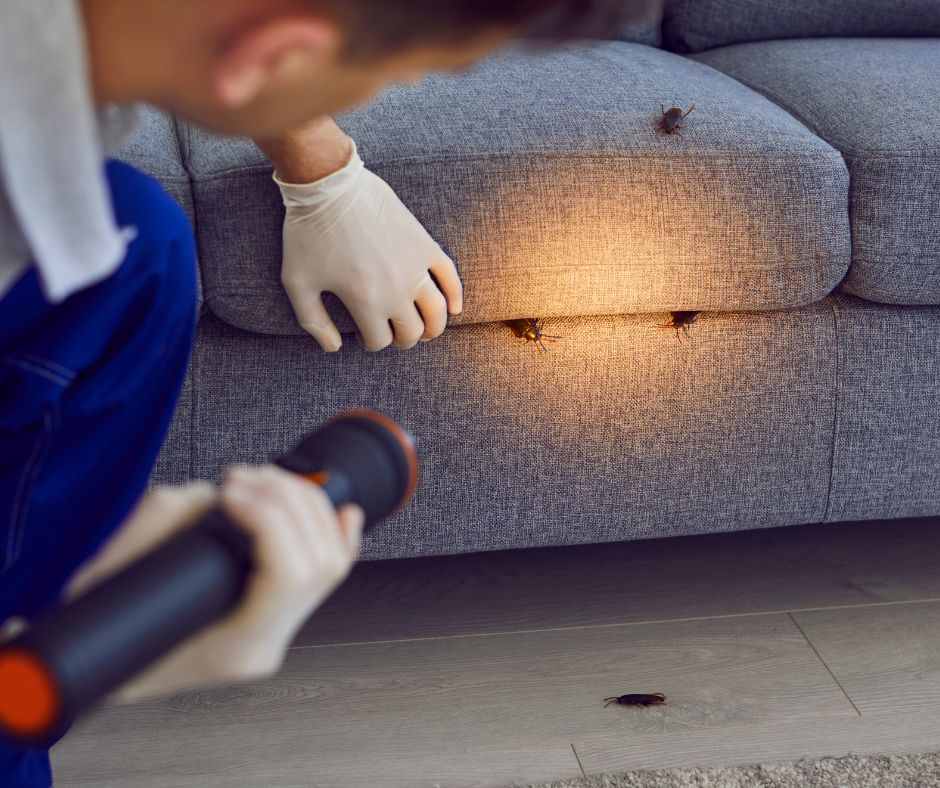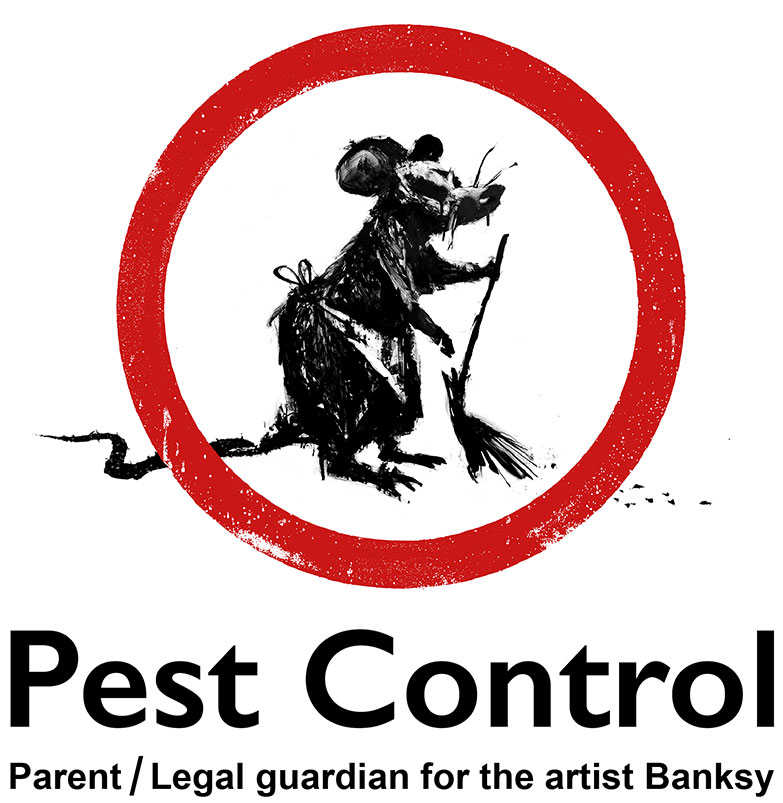Ant Exterminator Near Me: How to Exterminate Ants Swiftly and Efficiently
Discover the Significance of Insect Control in Preserving a Healthy Environment and Treatment Methods

The Duty of Bugs in Ecosystems
Insects, frequently watched entirely as hassles, play a diverse duty in communities that is essential for preserving eco-friendly balance. They contribute dramatically to different eco-friendly processes, consisting of pollination, vitamins and mineral cycling, and parasite control. Many insect species, such as and butterflies, are vital pollinators for a vast variety of plants, which in turn sustains biodiversity and food manufacturing.
Additionally, insects function as victim for countless predators, creating an essential web link in food webs. This interdependence guarantees the survival of different types and aids manage populaces within communities (Termite treatment Port Charlotte). Decomposer parasites, such as certain beetles and fungi, are important in breaking down organic matter, thus enriching soil and facilitating nutrient recycling.
Conversely, while insects can be helpful, their overpopulation or intrusion into non-native atmospheres may disrupt these ecological functions. This intricacy emphasizes the importance of recognizing pest characteristics, as reliable bug administration methods must consider both their eco-friendly functions and potential effect on human tasks. Balancing pest presence while minimizing harm is essential for maintaining the stability of communities and guaranteeing farming efficiency.
Health Threats Connected With Bugs
The presence of parasites in different environments expands beyond their eco-friendly functions, as they also posture considerable health dangers to animals and people. Numerous parasites, consisting of bugs, rats, and bloodsuckers, are service providers of diseases that can have significant health effects. Rats are known to transfer hantavirus and leptospirosis, both of which can lead to extreme breathing and kidney issues, respectively.
Pests such as ticks and mosquitoes are well known for spreading vector-borne illness like jungle fever, dengue fever, and Lyme illness. These diseases can lead to high morbidity and death prices, particularly in prone populaces. Additionally, insects like bedbugs and cockroaches can worsen allergic reactions and bronchial asthma, adding to respiratory issues in people, specifically those with pre-existing problems.
Furthermore, the presence of insects can cause mental stress and anxiety and pain, impacting overall wellness. Contamination of food and surfaces by bug droppings and continues to be can bring about foodborne illnesses, highlighting the importance of maintaining hygienic problems. Consequently, comprehending the wellness threats connected with pests is critical in recognizing the necessity of reliable insect administration approaches to protect animal and human health.

Benefits of Effective Pest Control
Efficient pest control is essential for keeping a healthy and balanced and risk-free atmosphere, as it regularly mitigates the countless dangers associated with parasite invasions. One of the main advantages of efficient insect monitoring is the read review reduction of health threats.
Furthermore, reliable bug control safeguards building and frameworks from damages. Lots of pests, like termites and woodworker ants, can cause considerable structural damages that may require pricey repair work. By proactively taking care of these infestations, services and homeowners can protect their investments.
One more substantial advantage is the enhancement of total lifestyle. A pest-free atmosphere adds to psychological well-being and decreases anxiety connected with invasions. Additionally, reliable bug control cultivates a much safer environment for animals and kids, ensuring that homes continue to be refuges complimentary from disease-causing microorganisms and damaging chemicals.
Common Parasite Control Techniques

In the world of parasite management, numerous strategies are used to battle problems properly. These methods can be generally classified into three major approaches: social, mechanical, and chemical controls.
Cultural control entails customizing techniques to reduce bug survival, reproduction, and establishment. This may consist of plant rotation, appropriate cleanliness, and environment manipulation, which jointly develop an environment much less for pest proliferation.
Mechanical control uses physical approaches to remove bugs (Termite treatment Port Charlotte). Strategies such as barriers, vacuums, and catches are typically used to straight eliminate bugs from an area. This method is particularly effective for taking care of rats and pests without the usage of damaging chemicals
Chemical control includes the application of pesticides to take care of insects. These compounds can be classified right into herbicides, pesticides, and fungicides, each targeting specific sorts of pests. It is essential to make use of these chemicals deliberately, adhering to safety and security standards and guidelines to decrease potential injury to non-target species and the atmosphere.
Each pest control technique has its constraints and advantages, and often, an integrated strategy integrating multiple techniques yields the most effective lead to preserving a pest-free environment.
Lasting Pest Management Practices
Sustainable parasite management practices incorporate a range of methods designed to lessen environmental effect while properly managing insect populaces. These practices focus on using eco-friendly approaches over chemical pesticides, thereby reducing the risk of harm to non-target types, consisting of advantageous bugs, wildlife, and humans.
Integrated Bug Administration (IPM) is a foundation of sustainable practices, combining organic, social, mechanical, and chemical methods to take care of parasites. For instance, organic control involves introducing all-natural killers or bloodsuckers to suppress pest populations. Cultural practices, such as plant rotation and polyculture, interrupt pest life process and enhance community resilience.
Mechanical approaches, such as traps or see this website obstacles, can efficiently stop insect accessibility without chemical intervention. Additionally, keeping healthy and balanced communities with proper dirt management, plant health, and biodiversity can naturally alleviate parasite concerns.
Education and recognition are important parts, encouraging areas and individuals to recognize insect hazards early and carry out safety nets. Termite treatment Port Charlotte. By promoting a holistic technique that stabilizes insect control with eco-friendly stability, lasting pest management practices not only protect structures and plants however likewise add to a healthier environment for future generations
Conclusion

Recognizing the wellness risks linked with parasites is important in identifying the need of effective bug monitoring techniques to safeguard redirected here human and animal health and wellness.
Efficient pest control is crucial for maintaining a safe and healthy and balanced environment, as it consistently alleviates the various risks connected with pest invasions.Integrated Bug Management (IPM) is a keystone of sustainable methods, integrating organic, social, mechanical, and chemical tactics to manage bugs. By recognizing the role of insects, identifying affiliated health threats, and utilizing varied therapy strategies, a sustainable technique to pest monitoring can be achieved. Integrated Insect Administration (IPM) highlights an all natural methodology that minimizes damage to beneficial organisms while effectively regulating parasite populaces.